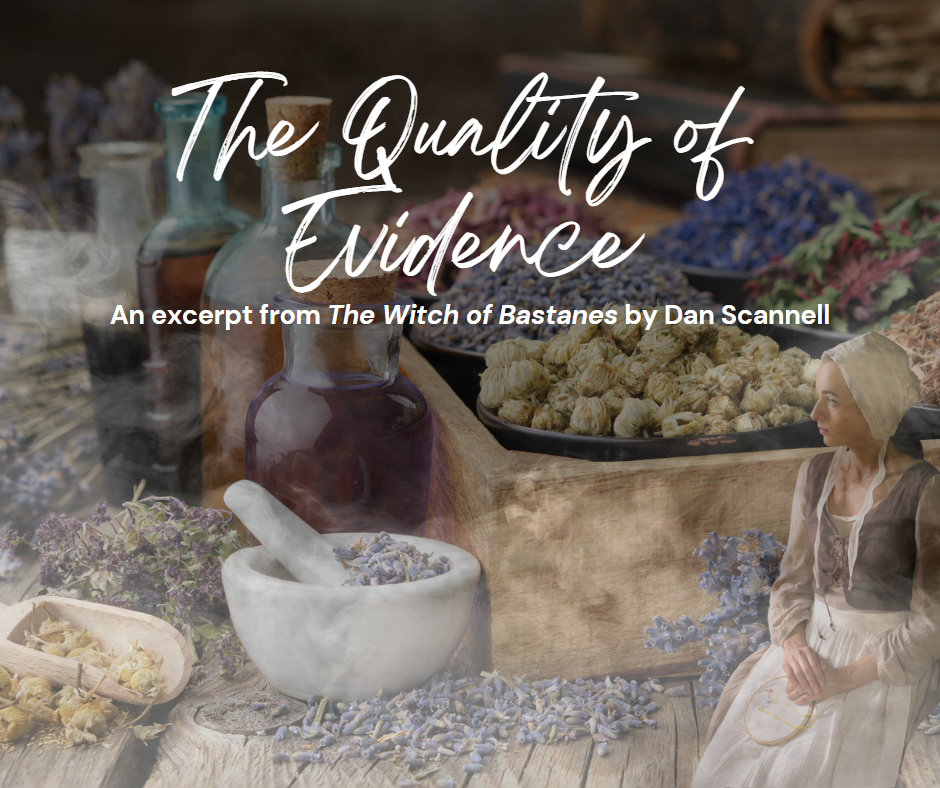Baptism by Fire
- Daniel Scannell
- Oct 11, 2022
- 3 min read

Toledo, Kingdom of Castille: 1220
Fires raged, the smell of burning papyrus and vellum filling the air. Libraries palaces, synagogues and mosques crumbled like sticks engulfed in the ravenous jaws of flame that engulfed the city of Toledo. Private places of business and modest homes were systematically vandalized, as gangs of torch carrying youths poured into the Jewish and Arab quarters, crying for vengeance and the triumph of their conquering leaders.
All of this resulted from the decision of a great Jewish scholar, Rabbi Moishe ibn Elizer to give his daughter permission to marry a Christian. Rabbi Ben Elizer, his daughter, Rachel, and his son-in-law, Fernando, piled as many of their belongings as they could fit into an old wooden trunk and rushed out back to load everything on the aching haunches of the Rabbi’s donkey. The animal knew what this meant: travel, long travel, over mountainous roads, with little food or drink for many miles. Was this one of the old man’s jaunts, in search of some academic colleague or another? The smell of fear which he detected from those around him, pulling the ropes tight, told him that this was something different.
At the last minute, Rachael rushed into the house and seized an old book, with Arabic letters covering the outside. Like a sacred treasure, she clutched it to her, covering her bulging stomach, indicative of the growing fetus, within. There was still room for her and her book, on the donkey’s back, as they lurched out into the night.
They traveled over mountain passes for days and days, stopping occasionally only for food and rest. They continued their journey before too many people had a chance to ask them any questions. The family passed endless fields of sheep and grass, with the occasional abandoned barn or farmhouse, where they could stay for the night. It was in such a farmhouse that Ben Elizer, unable to mask the agony of hopelessness and advanced age that his daughter read in his face, succumbed to his weariness and died.
The family only stayed long enough to give a proper burial to their patriarch. They recommenced their travels, until they recognized that the Latinate dialect of some of the locals had begun to change, and that the Mountains rose up behind them, and not in front of them. Then, and only then, did they think of settling down and trying to achieve some semblance of a normal family life.
Here, is this haphazard collection of sheep farms, Rachel’s time arrived, and she gave birth to a dark haired, brown eyed daughter. She and Fernando, remembering the promise they had given to the priest at their wedding, had the baby baptized in the village church and gave her the name, Teresa.
But they were still treated with caution and suspicion, as outsiders, strangers from a different place, carrying with them different customs and different ways. Finally, they were forced to move on and to seek acceptance, or even anonymity in a different location. They stayed, mainly, to themselves and gave young Teresa the benefit of the finest education in that part of the world.
The family made one other attempt at some reasonable permanence, when they arrived in a small, Basque village and attempted to provide some form of formal education for Teresa, offered at the local church. Teresa was the only girl in the class, which aroused the anger of the other parents, and when she fell in love with a young local, named Balterra, and married him, the village, again lit torches and drove the family out, killing Balterra in the process. The loss of their son-in-law was the last straw for Fernando and Rachel, who seemed to lose the will to fight, succumbed to sleeping sickness and died.
Teresa was alone and pregnant. She acted as her own mid-wife and delivered a healthy son, whom she named, Aidor. He grew fast and strong and self-reliant, while Teresa maintained the family by dispensing herbal medicines. When Aidor was old enough to help, she moved from that place of sorrow and came to the near-by village of Bastanès. She replanted her herbs and began again, until old fears and uncertainties reared their ugly head, once again. It was then that a wandering scholar, known to later generations as Michael Scot, stumbled upon the plight of the persecuted woman. This is their story.
If you enjoyed this excerpt, check out the novel The Witch of Bastanes. Available on Amazon and at a bookstore near you!





Comments